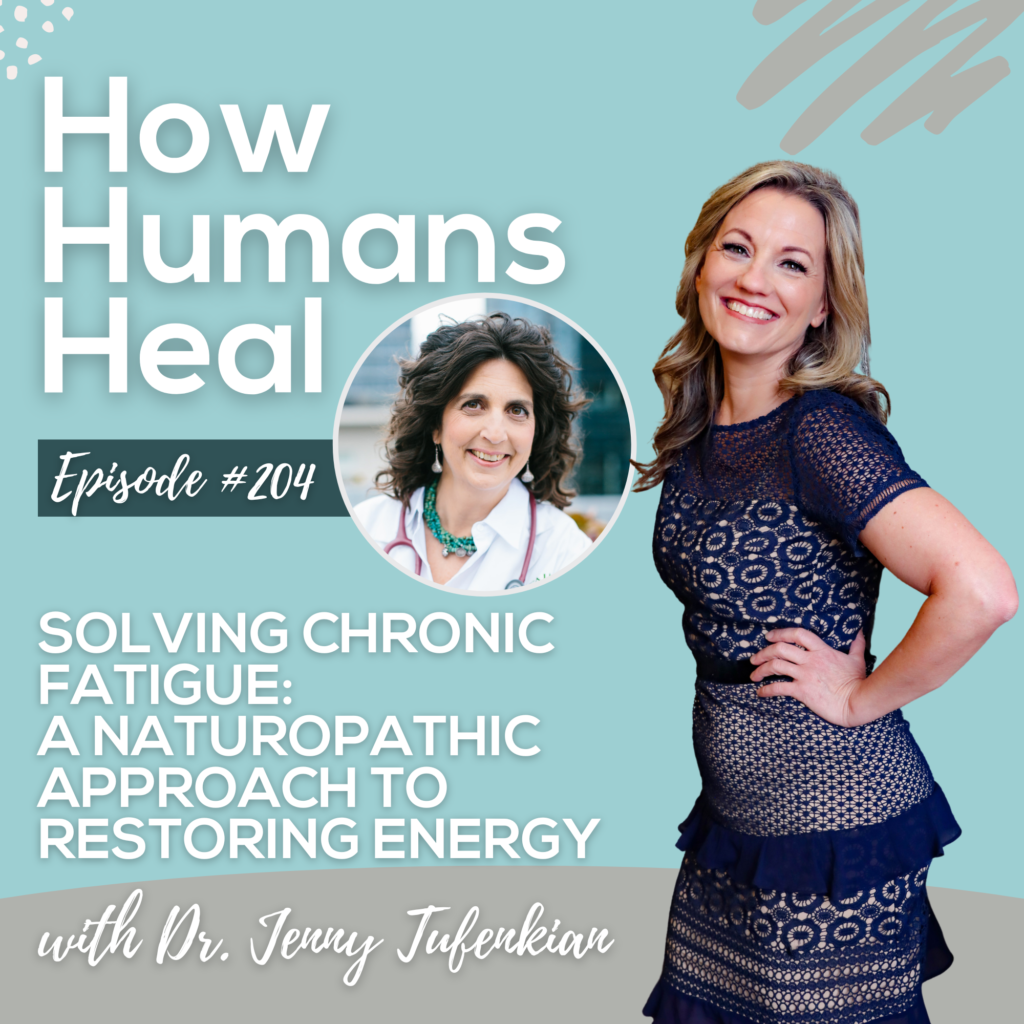
How Mindfulness Helps You Transform Stress and Reclaim Well-being
- Home
- Stress & Adrenal Fatigue
- How Mindfulness Helps You Transform Stress and Reclaim Well-being

Mindfulness is a term that is being used more and more often, but for many it is not clear what it is and how it is done.
Mindfulness is the practice or state of being completely in the present moment. So often we are pulled in one direction and the next, sometimes all at once! We are thinking of what happened yesterday, or two years ago, and then what will happen next week – all of which takes us out of the present moment.
When we look at it that way, it is easy to see why our bodies are constantly stressed. Even if there is not a stress present currently, when we think of a prior or future stress, our body experiences it the same way.
The Effects of Cortisol and Stress
Cortisol and adrenaline levels shoot up, responding to a stress whether it is real or perceived. Then a cascade of effects runs through our body, varying for each person. One person might feel their heart race or the blood pressure rise, while another person feels anxious, tense, and/or irritable. Just imagine: if this goes on day in and day out, our bodies never get a break – a chance to just settle in, rest, and recover.
Mindfulness and How to Use It
Mindfulness – which can be as simple as taking five minutes to take a walk outside, laugh, listen to music, move your body, or breathe, all while thinking about the present – can reset your stress response, erase the worry, and allow you to come back to what you were doing with a renewed sense of purpose.
Meditation is a form of mindfulness, which often involves sitting in a quiet place, perhaps chanting, and mostly practicing letting go of thoughts that come to your mind. What a concept! “Let It Go” is not just the name of the most popular song from a recent Oscar-winning movie, but it is something we can learn to do to benefit our health.
All you do is just notice when a thought comes to mind, and then let it go. Don’t get attached to the thought or follow it through. Allow yourself to be in the space between thoughts.
Mindfulness in various forms reduces cortisol and adrenaline levels while increasing calming neurotransmitters. Not only that, but people who practice mindfulness or meditation on a regular basis report less stress and improved quality of life.
Scientific studies prove that mindfulness pays off. In fact, Aetna Insurance recently explored this subject among 239 employees to understand the effects of a therapeutic yoga program and a mindfulness program. People in both programs showed significant improvements when compared with a control group that was given no treatment. Gains were recorded in the areas of perceived stress, sleep quality, and “the heart rhythm coherence ratio of heart rate variability,” which is a scientific measure of stress and heart function.
Another study found that mindfulness meditation – a program that trained participants to pay attention to their body and their breathing – helped people modify their brain waves, which suggests that they could thereby modify their stress response.
A similar study conducted by Spanish researchers found that people in the health care industry (a notoriously stressful environment) were able to reduce their stress significantly by taking a class in mindfulness.
How You Can Use Mindfulness
I recently asked a patient of mine who has been meditating twice per day for over 40 years about her experience. She shared that meditation and mindfulness help her to stay “in line with the natural flow of life.”
She meditates for sixty minutes in the morning and another sixty minutes in the evening – with her husband – and finds that she is much less likely to resist challenges, and less likely to feel irritated by what comes up during the day. As she explains it, “I’m less likely like to buck the system. It’s like a river…I assume there is a way to flow around a different way.”
It’s not that meditation has prevented health issues all together for her – she has Parkinson’s disease – but compared to others with Parkinson’s, she is doing amazingly well. “I’m lucky,” she says,” because I am financially able to devote this much time to meditation each day.” Still, she says, even twenty minutes of meditation can make a difference.
For those whose schedules are very busy, mindfulness can be practiced in the shower or bath, while driving or walking your dog, when gardening, or during other daily tasks that don’t require much thinking. It just takes the intention to be in the present moment doing only what you are doing, and not thinking or “being” somewhere else.
If you are interested in giving mindfulness or meditation a try, you might check out these books that I’ve found to be helpful:
- A New Earth by Eckhart Tolle
- Happiness Through Meditation by Dr. Paul Epstein
- Mindfulness Meditation by Tara Brach
The Takeaway
The more you bring mindfulness into your life, the more you will transform stress into well-being. Mindfulness can be used to help you combat the stress that comes with everyday life. I’d love to hear your thoughts and experience with mindfulness. What is your favorite resource? What stops you from practicing mindfulness?
—
This article by Dr. Doni Wilson was orignally published on Inspiyr.com.
Related Stories: Resolving Stress and Freeing Joy: 5 Ways to Cultivate Mindfulness and 9 Benefits of Meditation.
Share this Post:
Dr. Doni Wilson's Team
14 Day Detox Program
Take the Stress Type Quiz
Dr. Doni Social Media
Popular Posts


The 5 Burnout Types

Healing HPV Holistically: Dr. Doni on the Inspire Health by Jen Podcast

Recent Podcasts
Signup to receive our weekly newsletter with all the latest news, podcasts and special offers
New Book - Order Today!

SIMPLE PRACTICES for SHIFTING FROM YOUR STATE of STRESS to YOUR FLOW and FREEDOM
MASTER YOUR STRESS
RESET YOUR HEALTH
Order Now! Related Posts

What is making you susceptible to HPV?
I have been working with women who had abnormal cells on their cervix and/or vaginally, caused by HPV for over 20 years now. And while

The 5 Burnout Types
Did you know there are 5 burnout types? They are based on your Stress Type®, which is how your adrenal function has been affected by

Healing HPV Holistically: Dr. Doni on the Inspire Health by Jen Podcast
Dr. Doni was interviewed by Jen Ciszewski on the Inspire Health by Jen Podcast, talking about how to heal away HPV from your body for good.

Stress and Trauma: The Science Behind It, How It Shows Up and How to Heal: Dr. Doni on The Burn Fat and FEAST Podcast
Dr. Doni was interviewed by Sarah B. Thomas on the Burn Fat and FEAST Podcast, talking about the impact of stress and trauma on our health and what to do to recover from them.














